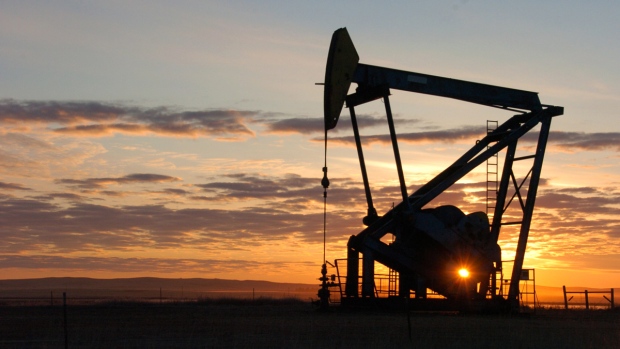CTV News
HALIFAX — Former neighbours Nova Scotia and Morocco are joining forces in a bid to find petroleum riches.
The two were part of the same land mass 200 million years ago, before the supercontinent known as Pangaea broke apart.
Advertisement
Now, groups in each territory — the Offshore Energy Research Association of Nova Scotia and Morocco’s Office National des Hydrocarbures et des Mines — have signed a memorandum of understanding for research of the offshore petroleum resource potential of both.
The Nova Scotia association said Monday that the study “will compare recently collected seismic and geochemical data to better characterize the common geological elements of the Scotian and Moroccan conjugate margins.”
It said that “there is much to learn” about the potential.
The Nova Scotia government announced earlier this year plans to work with Morocco to reconstruct seismic images from 200 million years ago.
“The parties agreed that a comparative study of petroleum systems along both coastal margins will provide direct benefit to Morocco and Nova Scotia,” the province’s offshore association said in a release Monday.
“The work will allow a more comprehensive integration of scientific and exploration-related results on either side of the Atlantic.”
The provincial government has said that research suggests there is more than 120 trillion cubic feet of gas and eight billion barrels of oil off Nova Scotia’s coast.
In June, it announced it would spend $11.8 million on geoscience research over the next four years to encourage offshore oil exploration.
In April, the province’s offshore regulator granted BP Canada Energy Group approval to begin drilling off Nova Scotia’s southeast coast.
The Aspy D-11 exploration well is the first of what could be as many as seven exploration wells over a three-year period.
That decision raised the ire of several environmental and conservation groups concerned about the risk of a spill.
Work was briefly halted earlier this summer after the energy giant spilled thousands of litres of drilling mud into the Atlantic Ocean but was allowed to resume in late July.
Meantime, the Sable Offshore Energy Project off the coast of Nova Scotia is to be dismantled. The natural gas field started producing in late 1999 and would pay nearly $2 billion in royalties to the province.







